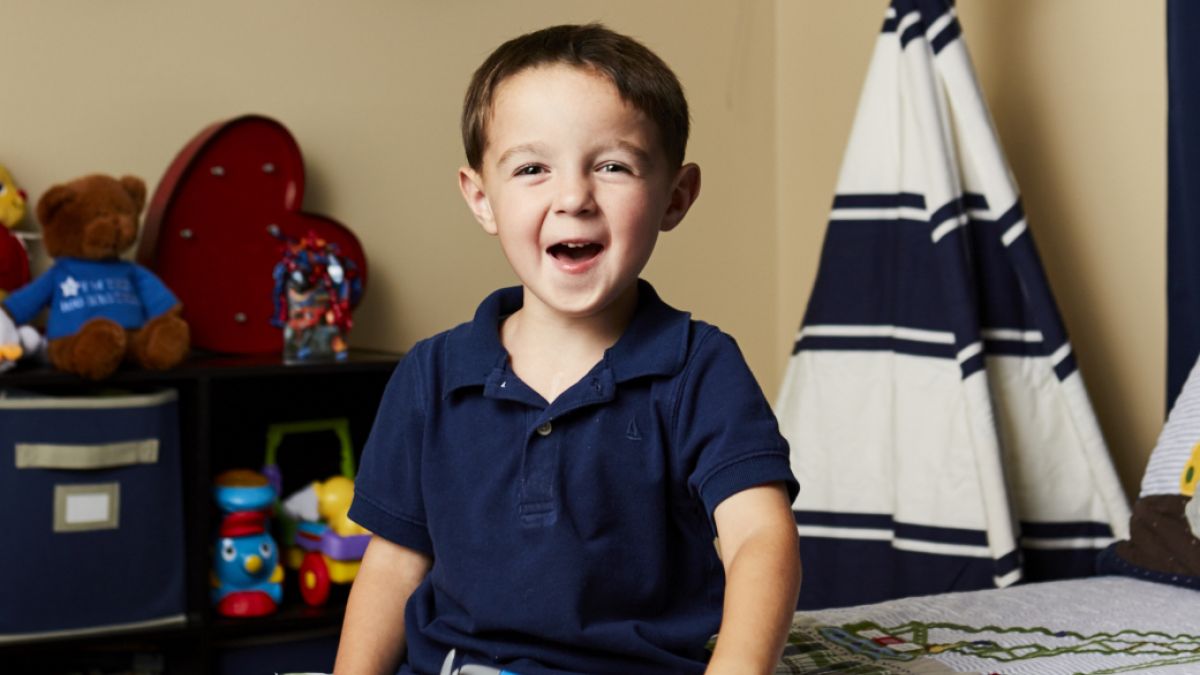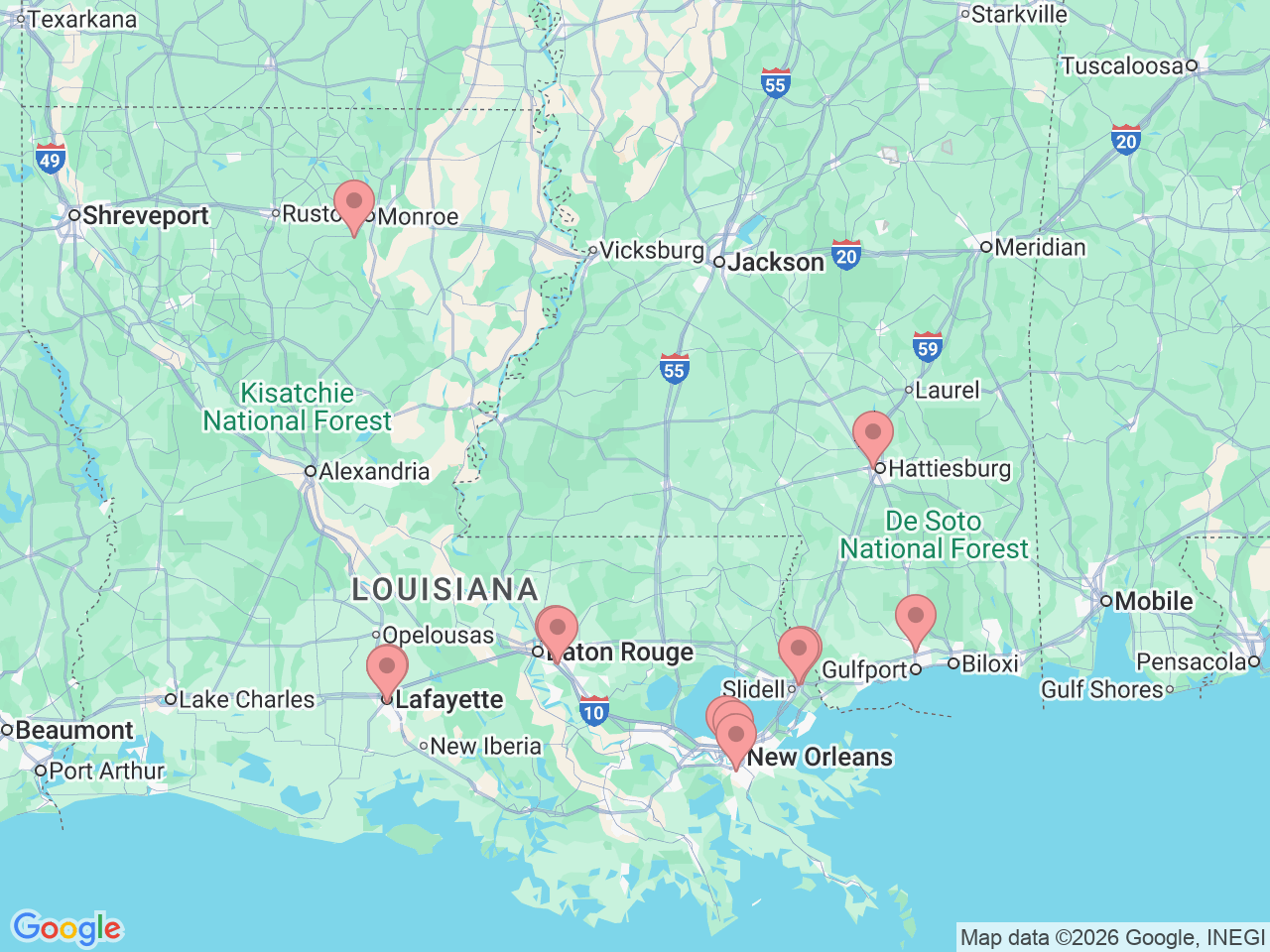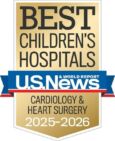Why choose Ochsner Health for pediatric cardiology care?
At Ochsner Children’s Hospital, Ochsner experts in pediatric cardiology have been caring for young hearts across New Orleans, Baton Rouge, Slidell, Lafayette, Shreveport and Monroe, Louisiana; Gulfport, Mississippi; and across the Gulf South for more than 40 years. Our pediatric cardiologists specialize in treating heart problems in children ages 0-18, and they collaborate with experts in pediatric cardiac surgery, interventional cardiology, electrophysiology, heart transplant and many other specialties and subspecialties. When it’s time to transition to adult cardiology care, Ochsner Children's makes it seamless. We’re here to help every heart.
A variety of heart conditions can affect children and teenagers. These include congenital heart diseases that are present at birth and problems that can develop as children grow, such as abnormal heart rhythms, high blood pressure and heart problems resulting from other causes, such as infections. If your child has a heart problem, you want to turn to an expert backed by a multidisciplinary team and well-rounded, comprehensive services. That’s what pediatric cardiology at Ochsner Children's delivers for residents in New Orleans, Baton Rouge, across Louisiana, Mississippi and the Gulf South.

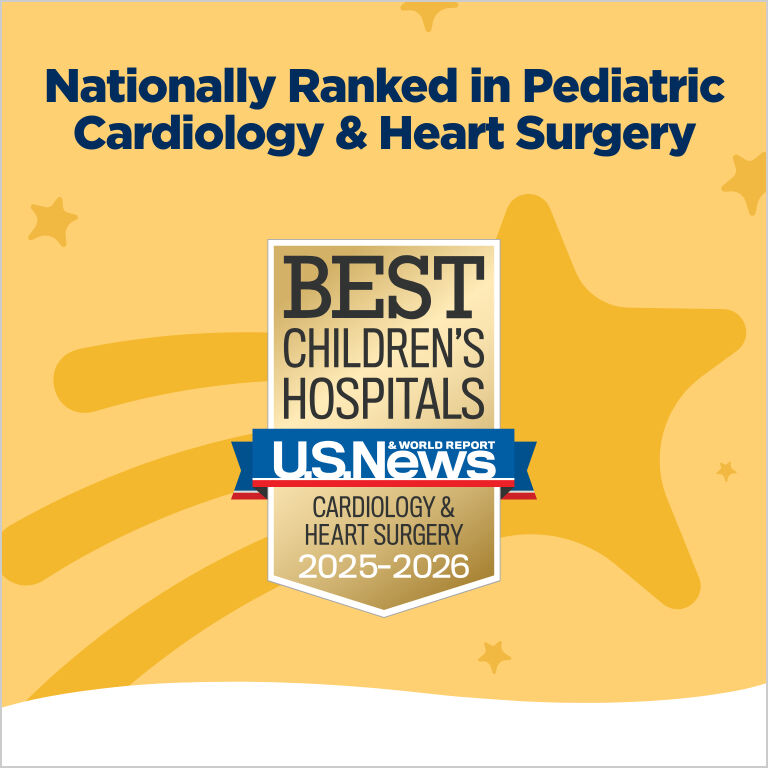
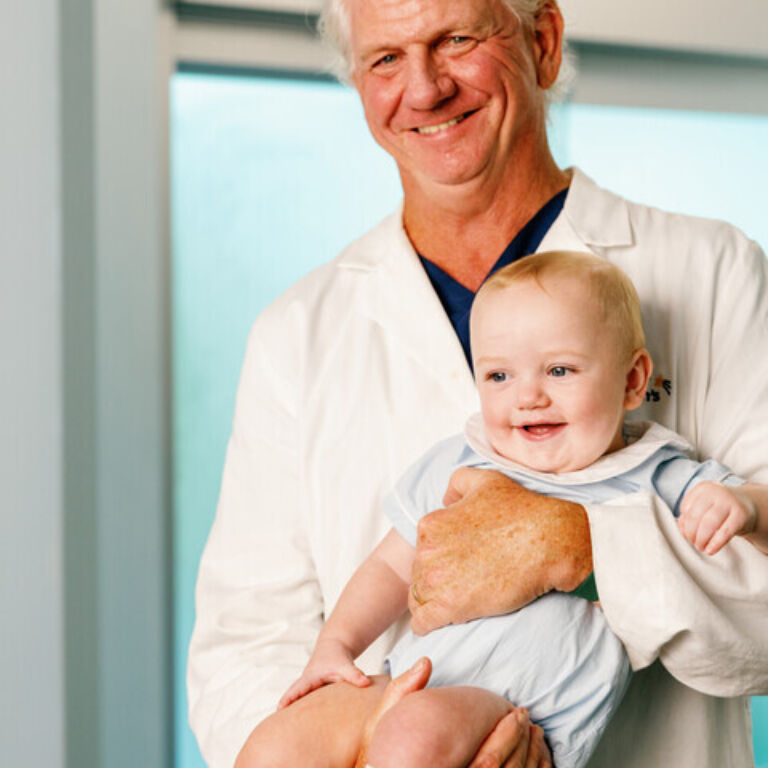









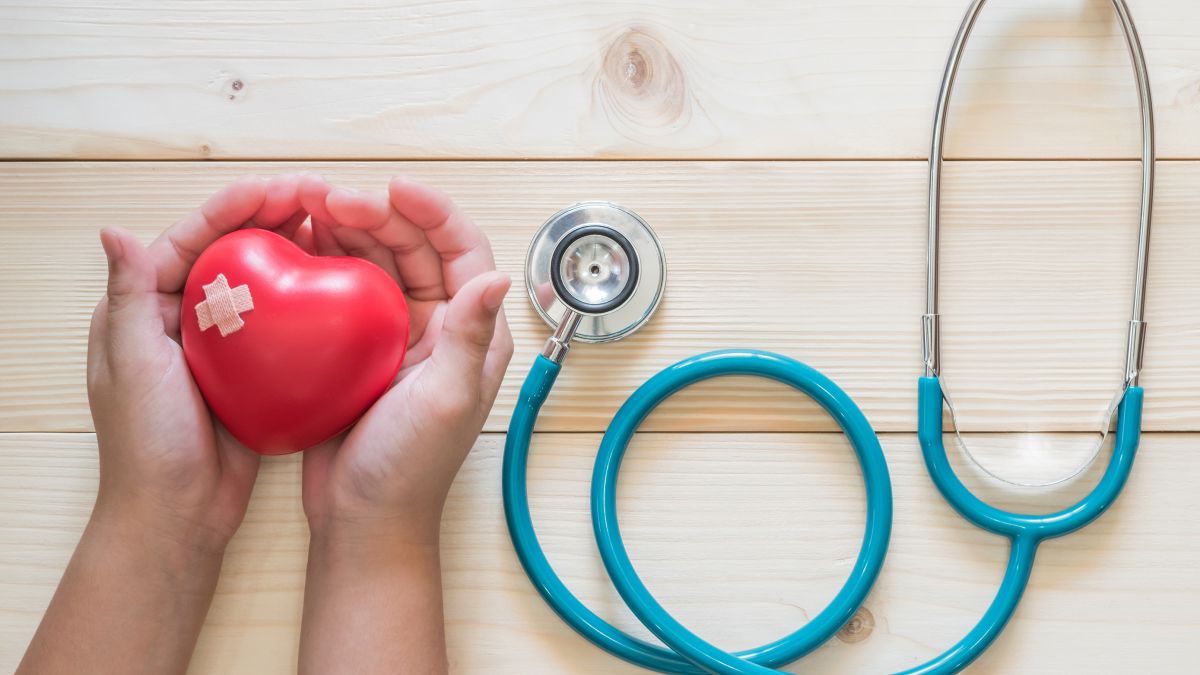

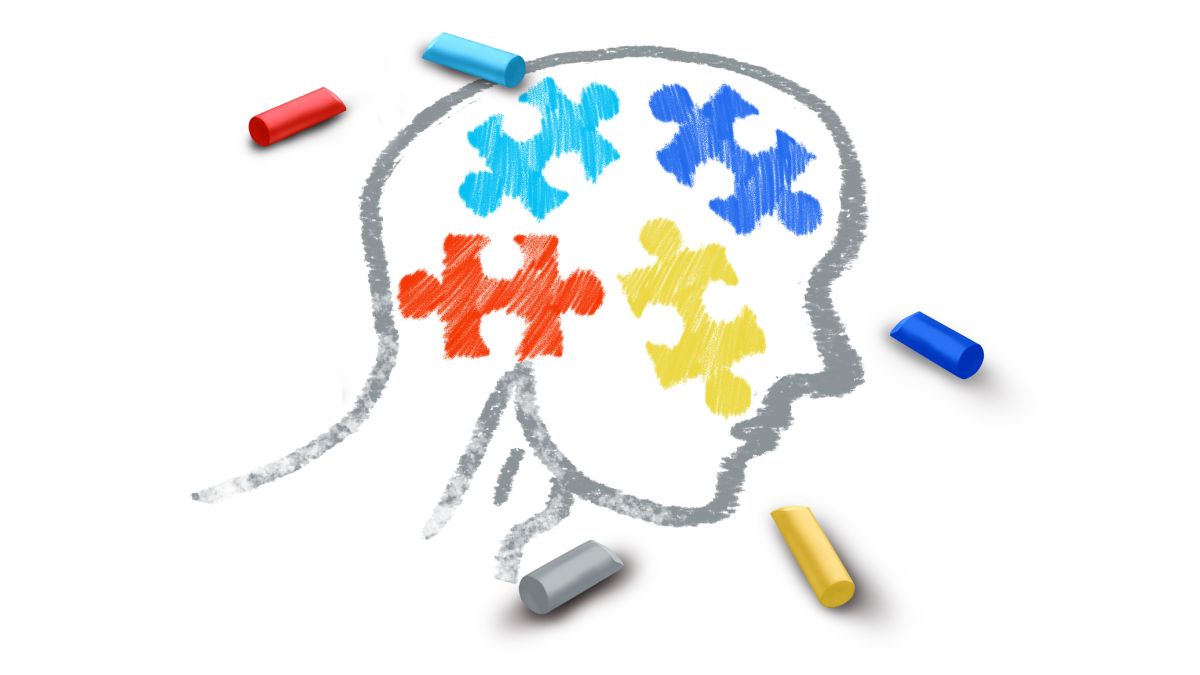

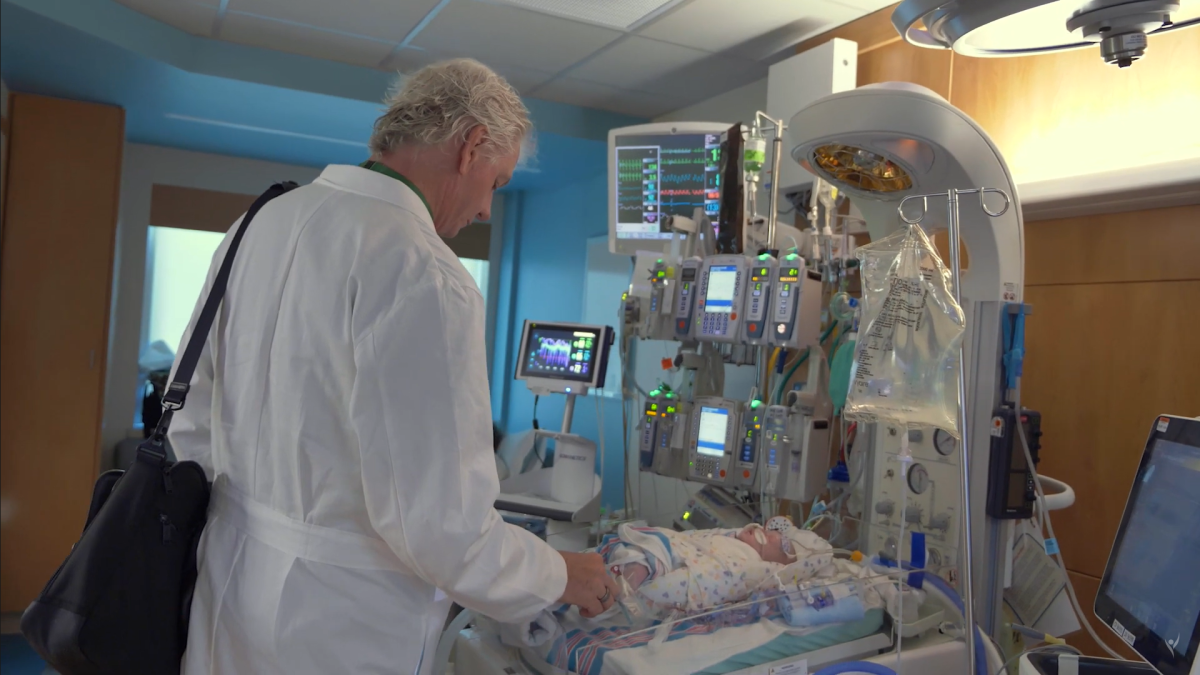

-7abbbb2796.jpg)
